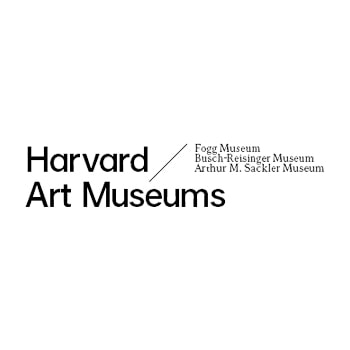
- This event has passed.
Wolf Vostell: Dé-coll/age Is Your Life [January 20, 2024–May 5, 2024]
April 14, 2024
| FREE
“Art shall remind us that we must remember.” —Wolf Vostell
A witness to the brutality of World War II and its aftermath in Germany, Wolf Vostell (1932–1998) committed his artistic practice to remembering the atrocities of war, violence, and genocide. His art originated from his aesthetic philosophy of dé-coll/age, the use of destruction in art to generate consciousness of destruction in life. Nuclear warfare, Cold War aggression, technological disaster, environmental devastation, and above all, the genocidal acts of the Nazi regime shaped his understanding of aesthetics. One of the first German artists to address the Holocaust after World War II, Vostell felt an urgency to prevent future catastrophe. In a variety of mediums, he jolted spectators from complacency, dismantling mechanisms of mass media and consumerism that numbed individuals to violence and human suffering.
Décollage — meaning “to unglue” or “to take off” — describes the artistic process of ripping layered street posters to reveal poster fragments underneath. Vostell associated torn street posters with postwar landscapes and destructive events and technologies of the 20th century. Stylizing the term as dé-coll/age to emphasize destruction as a creative process, he appropriated it as a comprehensive concept for his art.
Vostell initially lacerated posters to excavate references to the Nazi regime and postwar German society. Adapting techniques of dé-coll/age to other media, he manipulated magazines, newspapers, and television images to decry international geopolitical conflict and technological warfare. Central to his practice were dé-coll/age happenings, participatory group events that staged symbolic confrontations with destruction to incite spectators to become critical actors in their own lives.
Spanning three decades, Wolf Vostell: Dé-coll/age Is Your Life presents prints, films, sculptures, editioned artworks, and performance ephemera drawn primarily from the Busch-Reisinger Museum’s collection at Harvard, the largest repository of the artist’s work in the Americas. Works by Vostell’s Fluxus collaborators and other peers who employed destructive methods in their work—including Joseph Beuys, Alberto Burri, Hy Hirsh, Nam June Paik, Benjamin Patterson, and Gerhard Richter—along with reproductions of photographs of Vostell’s happenings, are also part of the exhibition. Loans have generously been provided by the LWL-Museum für Kunst und Kultur, Münster, as well as Harvard University’s Fine Arts Library and Houghton Library.
Curated by Kyle Stephan, 2021–23 Hakuta Family Nam June Paik Curatorial Fellow, Division of Modern and Contemporary Art, Harvard Art Museums.
Support for the exhibition is provided by the Ernst A. Teves Memorial Fund and the Care of the Busch-Reisinger Museum Collection Endowment. Related programming is supported by the M. Victor Leventritt Lecture Series Endowment Fund. In addition, modern and contemporary art programs at the Harvard Art Museums are made possible in part by generous support from the Emily Rauh Pulitzer and Joseph Pulitzer, Jr., Fund for Modern and Contemporary Art.
Special thanks to the Wolf Vostell Estate and Rafael Vostell; Museo Vostell Malpartida (José Antonio Agúndez and Josefa Cortés Morillo); LWL-Museum (Monika Lidle-Fürst, Tanja Pirsig-Marshall, Annika Thewes, and Marianne Wagner); Harvard’s Fine Arts Library and Houghton Library; Alison Knowles; the Benjamin Patterson Estate; the Museum of Modern Art; the Creative Film Society; the iotaCenter; Raphael Koenig; Lynette Roth; and Bridget Hinz.
Share your experience: #HarvardArtMuseums
